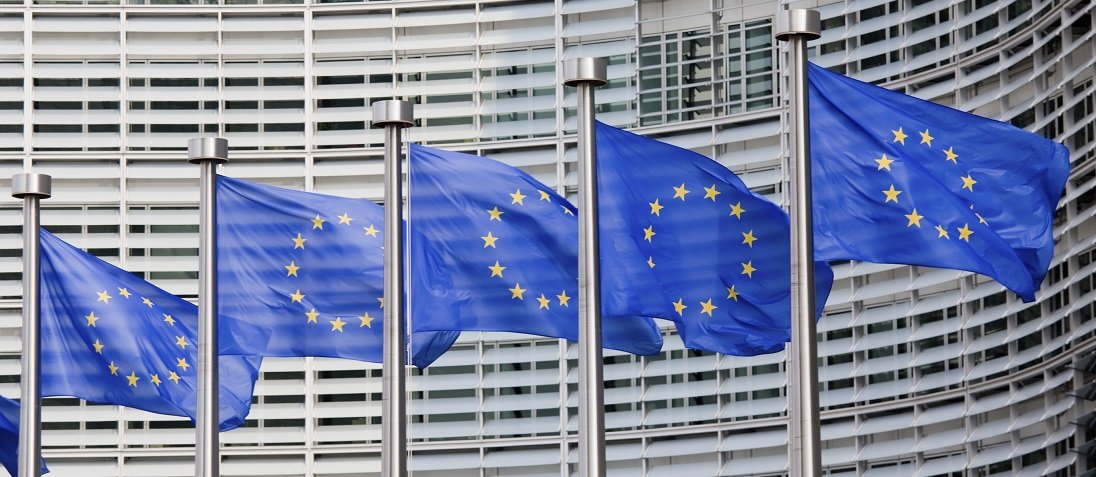The referendum will be held in April. The Dutch one that is. No Government likes domestic political controversy during its period as President of the EU Council (which is one reason why the British Government are keen to hold the British referendum before 2017, since Britain will be in the chair in the second half of next year). But the Dutch Government, who assumed the Presidency on 1 January, are lumbered. Their Parliament has already approved the EU’s trade deal with Ukraine but a popular petition has forced a referendum in which Ukraine will stand as a proxy for a wide range of domestic and European grievances within Dutch politics.
The Dutch used to be the poster boys for the maximum degree of European integration. Now, large economic and social shifts have radically changed Dutch politics. It was, after all, the Dutch, along with the French, whose voters killed off the European Constitutional Treaty a decade ago.
Unsurprisingly, periods of economic hardship have coincided with popular disenchantment with the European project across all member countries. The slow pace of recovery and the travails of the euro zone more generally have been cause enough for dissatisfaction. Combine that with the fears created by terrorism, the migrant crisis, an aggressively opportunistic Russia and a newly economically vulnerable China and it is small wonder that the state of the Union this January is one of profound unease in most Member States.
Yet the rise of scepticism across the European Union is of a different order from the scepticism we experience in the United Kingdom. There are no majorities in any of the euro zone countries for leaving the euro. There is no one in the UK even arguing the case for joining. There is no serious risk of a popular vote to leave the EU in any other Member State. In Britain, the most recent weekend polling shows a narrow majority in favour of coming out.
In December, the EU Heads of Government adopted a set of conclusions from their summit meeting that make for ambitious reading. If this set of new year resolutions are fulfilled, 2016 will see major progress towards: stemming the migrant flow and securing the EU’s external border; the further integration of the euro zone (without impairing the EU-wide single market); implementation of the single market road map, including in digital; progress towards a genuine energy union; and “mutually satisfactory solutions” to the United Kingdom’s renegotiation demands.
The biggest gap between intention and implementation will be over migration. The EU is putting a lot of eggs in a Turkish basket, but wholesale Turkish cooperation in processing refugees who wish to enter the EU depends on large financial subventions, which may not be fully realised, and on promises to Turkey on EU accession which are almost certainly incapable of being fulfilled given the state of public opinion in France and Germany. Another summer influx like last year’s would test EU resilience, both practically and in terms of public acceptance, to its limits. Last year’s big question was whether the euro zone could survive in its present form. This year the same question will arise over the continuation of Schengen in its present form.
David Cameron probably calculates that, against this background, few of his partners will wish to pick a fight to the death over his negotiating demands. The signals coming from the British Government, and others, suggest some form of compromise over the benefits issue. Mr Cameron is privately testing the extent of his support within the Cabinet and the parliamentary Party. In 1975, Harold Wilson was deeply conscious of the fact that, once the referendum was over, he would have to put a deeply fractured Labour Party together again. Once he had achieved a convincing Cabinet majority in favour of the renegotiation terms he had secured, he allowed dissenting Cabinet members to campaign openly for withdrawal. When the moment comes, the 1975 referendum precedent, and sheer political necessity, will probably oblige Mr Cameron likewise to dispense with collective Cabinet responsibility and allow dissenting Cabinet members to campaign in favour of leaving, without putting their jobs in jeopardy.
In 1975, Wilson drew stumps on the renegotiation without achieving all he had demanded. He calculated that he had got enough to win support in Cabinet and the country (though not within his own Party which, at a special conference, voted against the terms negotiated by their own Government). As the mid-February European Council approaches, David Cameron must be thinking on similar lines. He will hope to get enough to be able to claim a success and then to fight the campaign, less on the terms of the renegotiation, than on the substance of the case for staying in. His Conservative predecessor, John Major, would not have been making exactly that case in public before Christmas without at least a nod a wink from behind the door at No 10.

